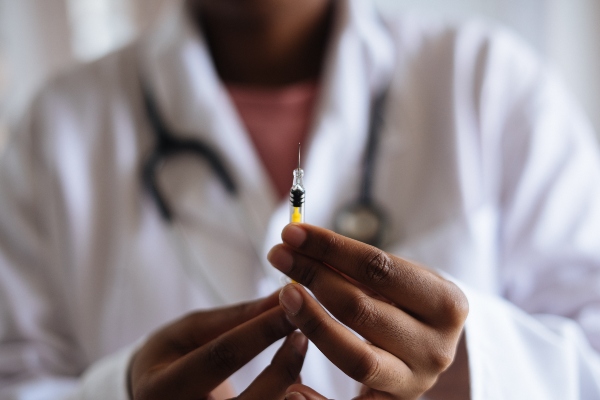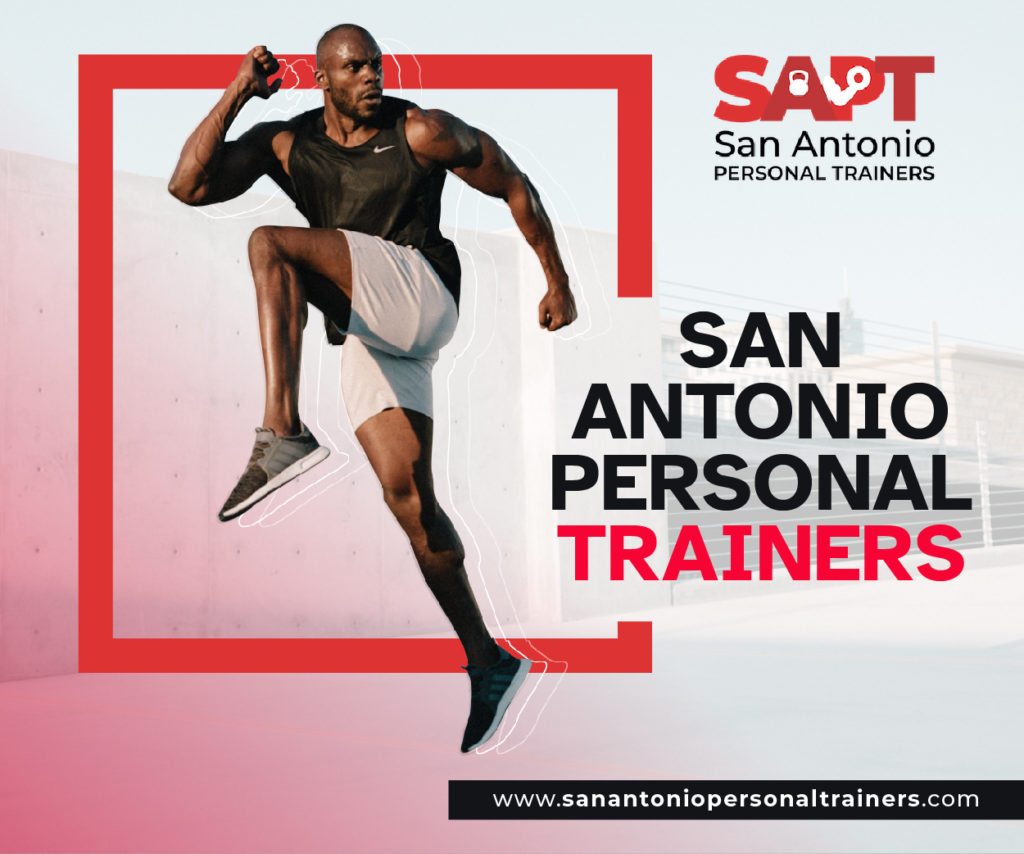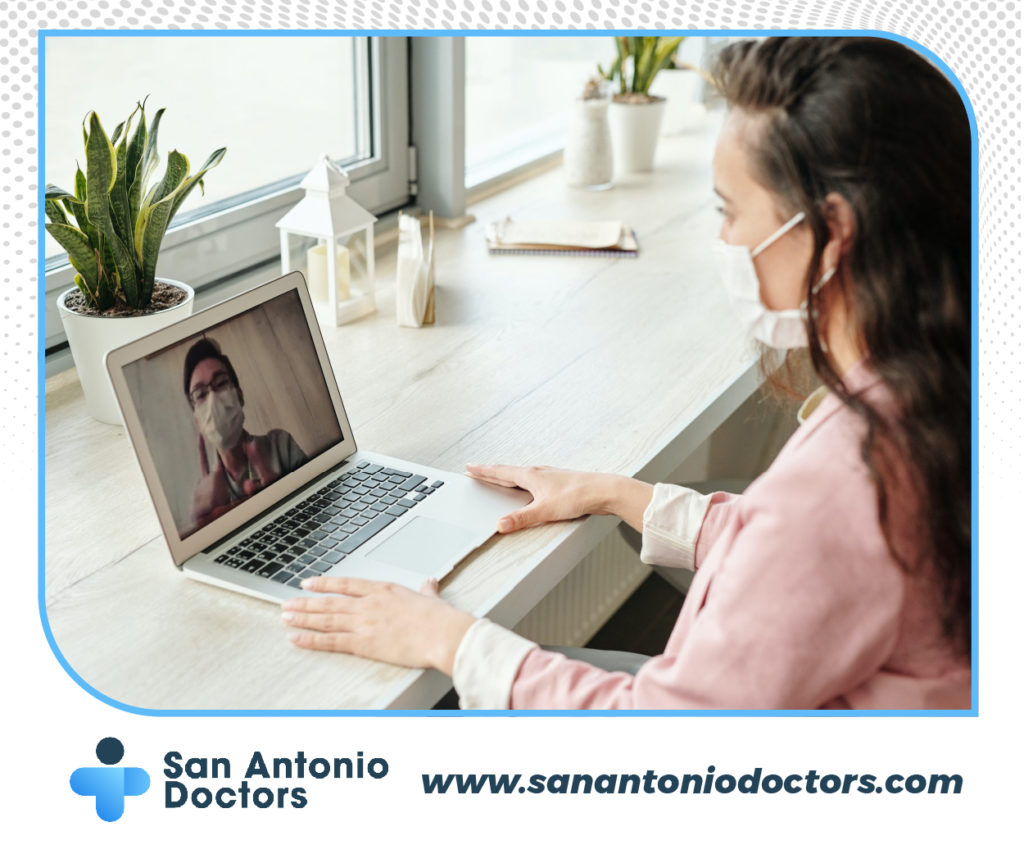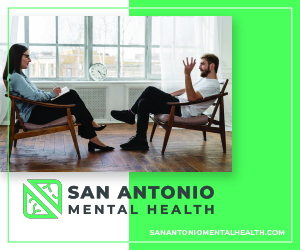Pain relief without surgery
by Annette M. Zaharoff, M.D.
In sports, few athletes get by without spraining at least an ankle in their careers. And many know that once an ankle is badly sprained, it may be susceptible to re-injury in the future. With multiple injuries, the ligaments may eventually fail to keep the joint stable. This happens in other areas of the body as well. Shoulders, wrists, low back, neck, feet, hands and toes may all be susceptible to arthritis after an injury.
Athletes aren’t the only ones affected by chronic sprains and unstable joints. Anyone who is physically active can be vulnerable to ligaments getting damaged and causing chronic problems of pain and arthritis.
Prolotherapy is a nonsurgical technique that has been used by many athletes and people all over the world to help repair these damaged ligaments, allowing them to return to sports and everyday activities.
What is Prolotherapy?
Prolotherapy (“Prolo”) is an injection treatment to stimulate your body’s own ability to strengthen weak and painful ligaments, tendons, cartilage and other musculoskeletal tissue. The substances injected set in motion the body’s own natural healing response to restore stability to the damaged tissue. Prolotherapy is a medical procedure performed by medical doctors who have received specialized training in this technique.
How does Prolotherapy work?
A little knowledge of anatomy helps in understanding how Prolotherapy works. Ligaments are bands that connect two bones together. Tendons are the connectors between muscle and bone. Weak or damaged ligaments and tendons may become lax, leading to pain, weakness, and instability. Strengthening these tissues reduces pain and stabilizes the structures, allowing you to comfortably perform the activities you desire.
Secondary problems such as muscle spasm and degenerative arthritis may accompany the chronic joint instability. Therefore, by strengthening the tissue, muscle spasm may improve and long-term further degeneration of the joint may be prevented. Once stability returns to the ligaments, tendons, and cartilage, you can enjoy your physical activities once again.
For what conditions may Prolotherapy be used?
Since most orthopedic injuries involve damage to the ligaments, tendons, and cartilage, just about all musculoskeletal injuries can be treated with Prolotherapy. Bursitis, tendonitis, sprains, strains, low back and neck pain will most likely improve and potentially be CURED with prolotherapy.
Examples include …
1. Shoulder injuries such as rotator cuff tendonitis and bursitis, chronic instability and subluxations.
2. Elbow/wrist injuries, such as tennis and golfer’s elbow and carpal tunnel syndrome.
3. Low back/neck injuries including degenerative disc disease, pinched nerve pain, sacroiliac joint injuries and sciatica.
4. Hip/pelvic injuries, including burisits/tendinosis and degenerative joint disease, sciatica.
5. Knee injuries, including ligament sprains, cartilage tears and osteoarthritis.
6. Foot/ankle injuries such as ankle sprains, plantar fasciitis and heel pain and Achilles tendonitis.
Complete ligament tears and fractures do not respond to prolotherapy unless surgery or immobilization is performed first.
Are there any complications?
Fortunately, complications are rare. Since prolotherapy is an injection treatment, the risks are no different from other common injection therapies. Surgery has far greater risks. Prolotherapy is an ideal treatment to use before nonemergent surgeries are performed. The proliferants injected are natural substances such as high concentration dextrose (sugar). Steroids, like cortisone, are NOT used.
Numerous research studies are now available demonstrating the effectiveness of prolotherapy. Major academic institutions and medical centers as well as many sports medicine centers are utilizing Prolotherapy as a nonsurgical alternative to treat painful injuries to ligaments, tendons, and cartilage.
Dr. Annette Zaharoff is a sports medicine physician specializing in the nonsurgical evaluation and treatment of injuries. She maintains a private practice in San Antonio and may be reached by calling her office at (210) 616-0646 or visiting her Web site www.drZmd.com.






